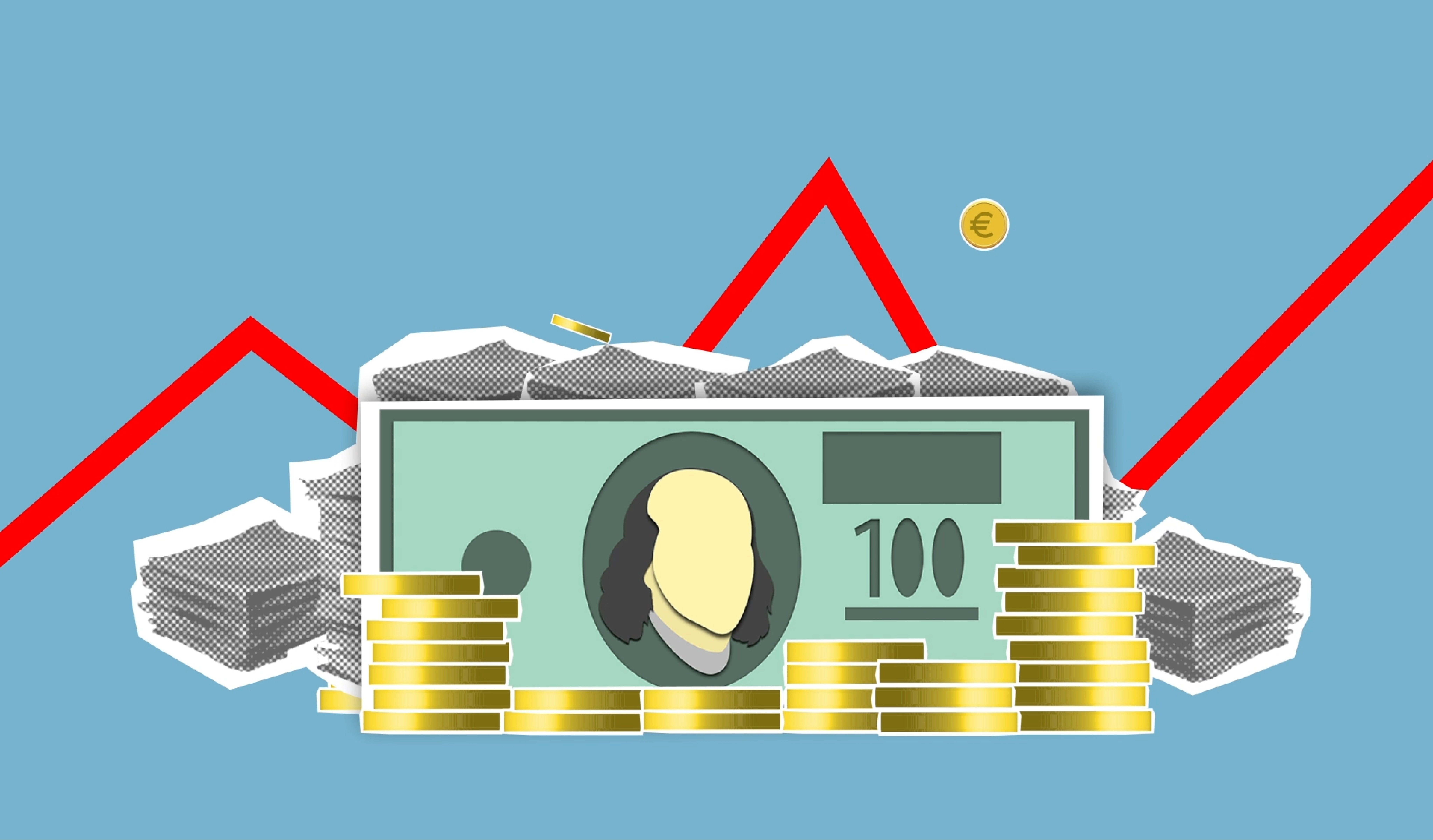For business owners that have to wait 30 or more days for a payment from a client, it can be very frustrating to deal with. These long or late payment cycles can cause a strain in your cash flow, causing business owners to fall behind on important expenses such as inventory or payroll, or force them to pass up opportunities to take on new customers or expand somewhere else.
Fortunately, there invoice factoring that helps businesses get paid quicker, allowing them to use the funds they have already earned to run and grow their business.
What is Invoice Factoring?
Invoice factoring is a financial transaction which a business sells its accounts receivables at a discount to a financing company which is known as a factoring company. Factoring companies typically advance 70-90 percent of the invoice value up front. The remaining balance is remitted when the invoice is paid minus a fee.
Pros and Cons of Invoice Factoring
Factoring provides many benefits for B2B companies with outstanding receivables. There are also disadvantages, particularly for certain industries.
Pros
- Get quick access to working capital
- Offer flexible and long net terms to your clients
- Receive higher credit limits based on your clients creditworthiness, not just your business income and FICO
Cons
- Not available to B2C companies or companies with larger clients
- More expensive than traditional bank financing
- Potential liability for overdue invoices
Choosing the Best Factoring Company for Your Business
Getting working capital is essential for small businesses to operate and overcome cash flow gaps. But equally as important is making an informed decision about which financing provider you decide to partner with.
The following are factoring terms and options that you need to be aware of:
Recourse versus Non-recourse
- Recourse: With recourse factoring, business owners take on the risk if the client fail to pay the invoice on time. If your customer does not pay back the invoice you submitted to the factoring company, you need to cover the costs and purchase the invoice from the factor.
- Non-recourse: With non-recourse, business owners are not liable if their customers fail to pay the invoice. However, fees are higher because the factoring company takes on more risk.
Factoring versus Invoice Financing
- Invoice factoring: Invoice Factoring is the selling of a business’s accounts receivables at a discount to a factoring company in return for a cash advance. Unlike traditional bank financing, factoring provides more flexibility because the cash you receive is dependent on the invoices you submit.
- Invoice financing: With Invoice Financing, business owners do not sell their accounts receivables to the factoring company. Instead, the business owners use their accounts receivables as collateral to qualify for a loan. The amount of the loan depends on the strength of your invoices.
Rates and Terms
The fee rate structures for factoring companies ranges are either variable or flat. As a general rule, the more invoices you factor, the lower your rate will be.
Variable fee structures will discount a small percentage of the invoice for as long as the invoice is outstanding. This means the longer your invoice goes unpaid the more fees you’ll accrue over time. A flat fee structure is where the rate stays the same no matter how overdue the invoice is.
Factoring terms and rates are determined by a number of factors, including, but not limited to:
- Business industry
- Volume of invoices
- Net terms of the invoice
- Type of service
- Quality of clients
Industries Factors Work With
The following industries are great candidates for factoring:
- Transportation
- Staffing services
- Manufacturing
- Construction
- Freelancers
- IT Services and Software Development
- Commercial services
- Oil and gas service companies
- Retail
- Consulting
Hidden Costs or Fees
Be sure to know what the hidden fees or penalties are so that you can avoid them.
- Termination fees: cancellation fees can range from 3% to 10% of your factoring credit line.
- Monthly minimum fees: some factors require businesses to commit to factoring a certain amount of invoices of invoices per month.
- Maintenance fees: this fee is charged to keep your account open/current with the factoring company.
- Due diligence fees: charged whenever the factor needs to verify the background of client. These fees can cost from a few hundred to a thousand dollars.











